As the weather gets warmer, you may well be thinking about heading out for a day at the beach or by a loch or river. Scotland has lots of beautiful places to visit, and nothing boosts your family’s wellbeing like being outdoors. But if you are heading out, it’s important to make sure that everyone in your family knows how to be safe around water. Here are some tips to help keep everyone safer.
Water safety tips
Tip #1: Talk to your child about water safety and the Water Safety Code
Your child may learn about water safety at school. If they go to a youth group like Cubs or Brownies they may learn about water safety there. But to keep them safe, it’s important for you talk to them about it too.
Here are the main things you all should know – the Water Safety Code:
- Stop and think – spot the dangers.
- Stay together, stay close.
- In an emergency, call 999.
You can download a copy of the water safety code here.
Whatever age your child is, you’ll find lots of helpful resources on the Water Safety Scotland (WSS) and Education Scotland websites which you could look at together. You could also check out the water safety quiz and other resources Scottish Swimming Learn to Swim website.
Tip #2: Remember that swimming in open water is not the same as swimming in a swimming pool
Even if your children are confident swimmers, it’s important that they realise that swimming in open water, like a loch, lake or river or the sea, isn’t the same as swimming in a swimming pool. Here’s why:
- Open water is moving and could carry you away, even if you’re a strong swimmer.
- Open water can be deeper than you think.
- Open water can be a lot colder than you think, even on a warm sunny day. Jumping or falling into cold water can seriously affect your breathing and heart and your ability to move or swim. You can find out more about cold water shock on the Water Safety Scotland website.
- There might be hidden dangers under the water, like rocks or rubbish.
- The edge of open water can also be dangerous – you may slip or be swept in by a wave.
Tip #3: Practise floating
If you find yourself in trouble whilst in the water, the advice is straightforward: if you get into difficulty… Float to Live.
Everyone that falls into the water unexpectedly has the same instinct: to swim hard and to fight the cold. Cold water shock causes you to gasp uncontrollably. This has the very dangerous consequence of water entering the lungs, which can quickly lead to drowning.
However, floating minimises your risk of gasping uncontrollably and breathing in water. Because floating doesn’t necessarily come naturally, it’s a really good idea to practise floating with the kids when you go swimming.
Here’s what to do:
- Fight your instinct to thrash around. Keep calm and try not to panic. Your instinct will be to swim hard – don't.
- Lean back, extending your arms and legs to keep your mouth and nose out of the water and your airway clear.
- Gentle movements. If you need to, gently move your arms and legs in a sculling motion (a bit like when using an oar in a boat) to help you float.
- Catch your breath. Float until you can control your breathing. Do this for 60-90 seconds or until you feel more calm.
- Now, think about how to get out. Only now can you think about the next steps. If you can, swim to safety. If someone is nearby, raise a hand and call for help.
Tip #4: Be prepared
If you’re heading out for a day by the sea or a loch, lake or river, make sure you’re prepared for the day:
- Check the weather forecast and only go if the weather’s looking good for what you have planned.
- Pack sunscreen, drinking water and a phone with plenty of charge so you can call for help if anything goes wrong.
- Pick a safe spot to visit , for example, a beach that has lifeguards. You can find your nearest lifeguarded beach on the RNLI website.
- When you arrive, read any warning signs carefully and follow any instructions about where (or where not) to go into the water swim.
- If you’re taking part in a water activity (like surfing or canoeing) make sure you have the right kit and are experienced enough to be safe. Before taking to the water, it’s best to get in touch with your local club or the National Governing Body for your sport to find out how to stay safe, or to take part in an organised class or course. You can find lots of advice for to prepare you for different water activities on the RNLI website.
Tip #5: Leave inflatable toys at home
Leave inflatable toys at home and save them for the paddling pool or swimming pool. They can be dangerous in open water as they can carry you out further then you can swim, and as they’re not designed for use at sea, they may burst and leave you stranded.
Tip #6: Stay together
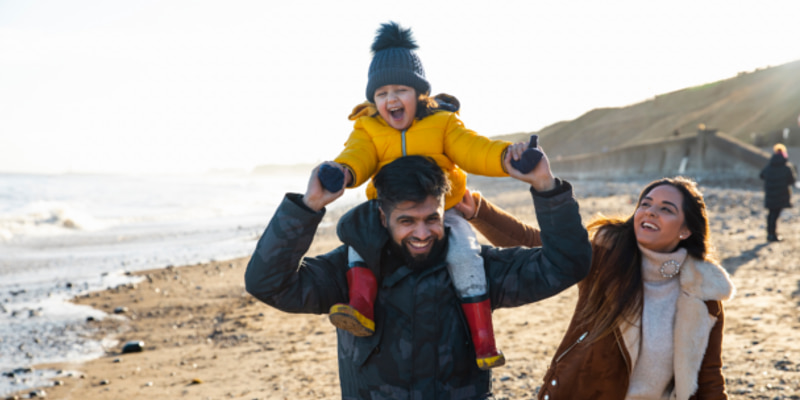
If you’re having a day out by the water, stay together. Make sure you know where everyone is at all times and that someone is always watching from the shore if other people are in the water. That way, if anyone gets into trouble, you’ll be able to call for help straightaway.
Tip #8: Know what to do if you get into trouble in the water
Make sure the whole family knows what to do if they get into trouble in the water:
- Keep calm and don’t swim hard.
- Hold onto anything near you that floats.
- Float like a starfish (see tip #3 above) until you feel more relaxed.
- When you can control your breathing, raise your hand and call for help or swim to shore.
Tip #9: Know what to do if you see someone else in trouble in the water
If you see anyone else in trouble in the water, don’t go in and try and help them. You might end up in trouble too. Instead you should always call 999 and ask for the Police if you're at inland waters (like a loch or river) and the Coastguard if you're on the coast.
Once you’ve called for help you should:
- Stay back from the edge and don’t go into the water.
- Look for any available Public Rescue Equipment (like a lifebelt or throw line) or anything else you can throw to help them float.
- Keep watch until help arrives.
Tip #10: Don’t mix water and alcohol
Make sure older children know that open water and alcohol can be a dangerous mix. Alcohol (and also drugs) can seriously impair your judgement, reactions and ability to swim. You can find out more on the Royal Life Saving Society website.
Learning to swim
Learning to swim has lots of benefits for kids and adults alike, including keeping you safer around open water – although It’s important to remember that swimming in open water is not the same as swimming in a swimming pool and cold water shock can affect anyone, even good swimmers. Swimming is good for the heart and muscles, and it’s easy on the joints. It’s also great for clearing your head and boosting wellbeing. Plus going swimming at your local pool is a great way of spending time together as a family.
When can my child start swimming?
Your child can start swimming at any age – even newborns can have swimming lessons!
What are the benefits of learning to swim as a baby?
There are lots of reasons to start swimming early. Swimming helps boost your baby’s development and may help them sleep better, and it’s great for bonding too. You can ask about baby swimming classes at your local pool.
This article on the BBC’s Tiny Happy People website has more information about baby swimming.
Where can my child learn to swim?
Your child may learn to swim at school, but if they’re not they can learn at their local pool. The Swimming Scotland website has more information on where children can learn, as well as fun games you can play together in the pool to help build their confidence. Your child may also be able to get discounts at their local swimming pool with their Young Scot card.
Staying safe in hot weather
Although we like it when the sun comes out, hot weather can cause some people to become unwell. You can find lots of tips for staying safe in hot weather on the NHS Inform website.
 Activities & Play
Activities & Play Behaviour
Behaviour Childcare
Childcare Development & Growing Up
Development & Growing Up Family, Friends & Relationships
Family, Friends & Relationships Feeding Your Baby
Feeding Your Baby Food & Eating
Food & Eating Health & Safety
Health & Safety Mental Health & Wellbeing
Mental Health & Wellbeing Money & Work
Money & Work Online Behaviour & Safety
Online Behaviour & Safety Pregnancy & First Days
Pregnancy & First Days School & Education
School & Education Sleep
Sleep

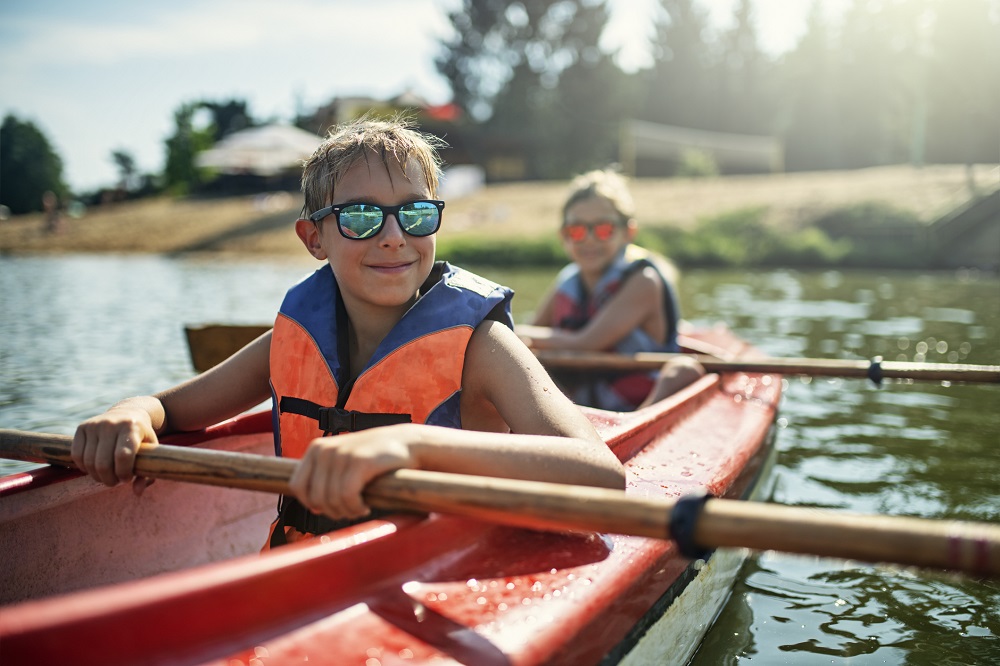
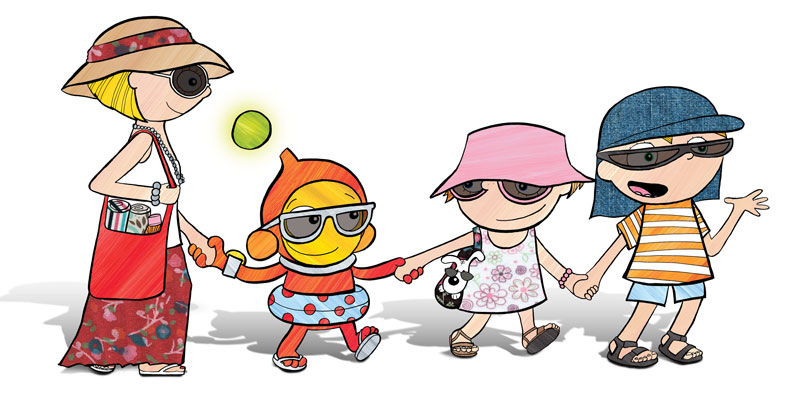

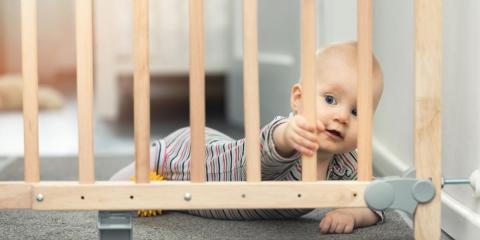
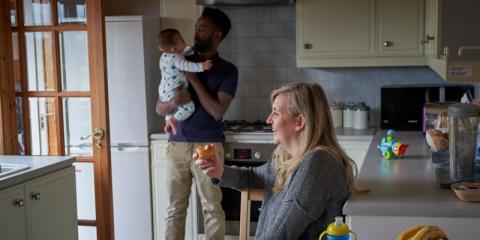


 Mental Health & Wellbeing
Mental Health & Wellbeing
 Online Behaviour & Safety
Online Behaviour & Safety